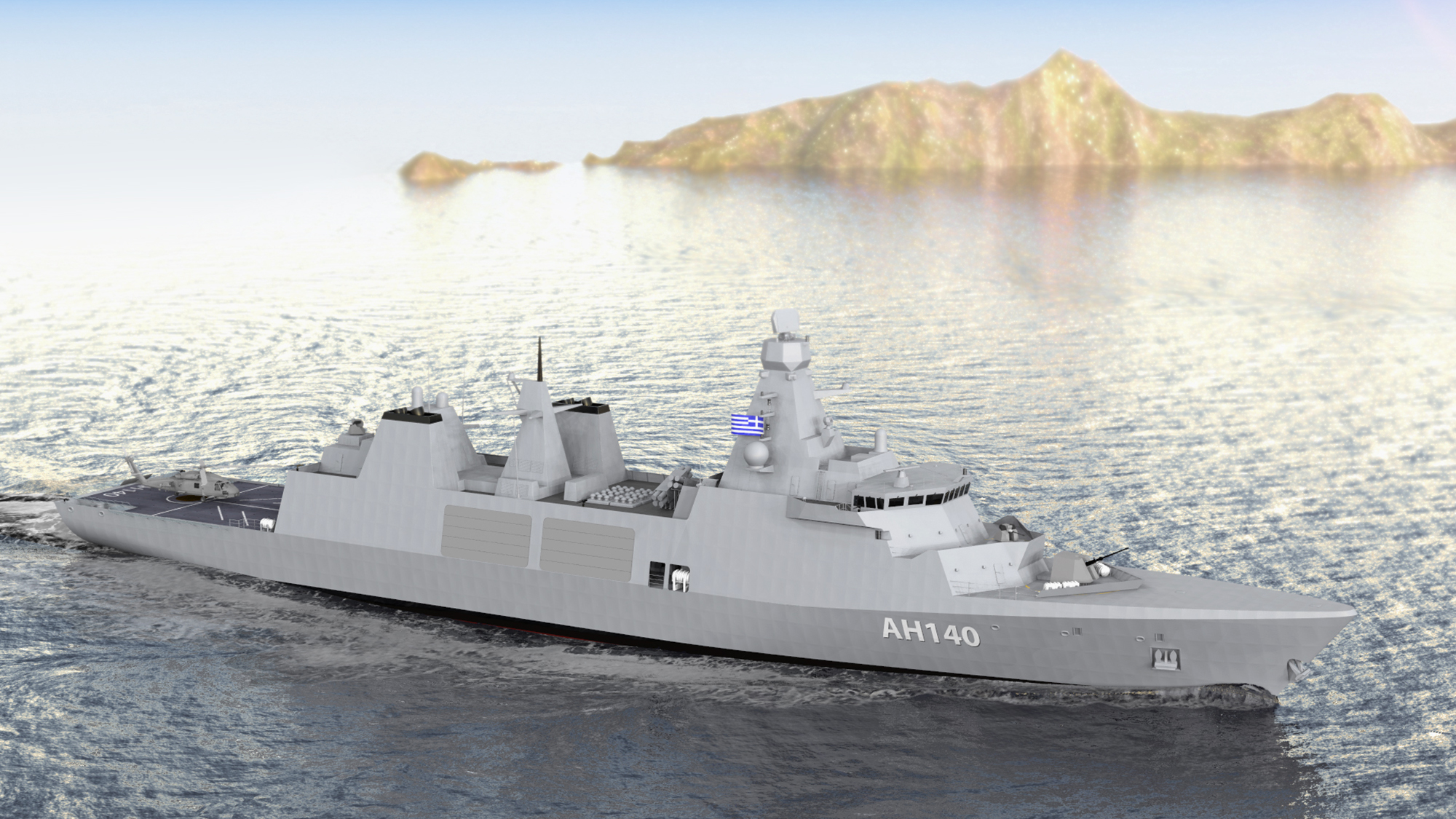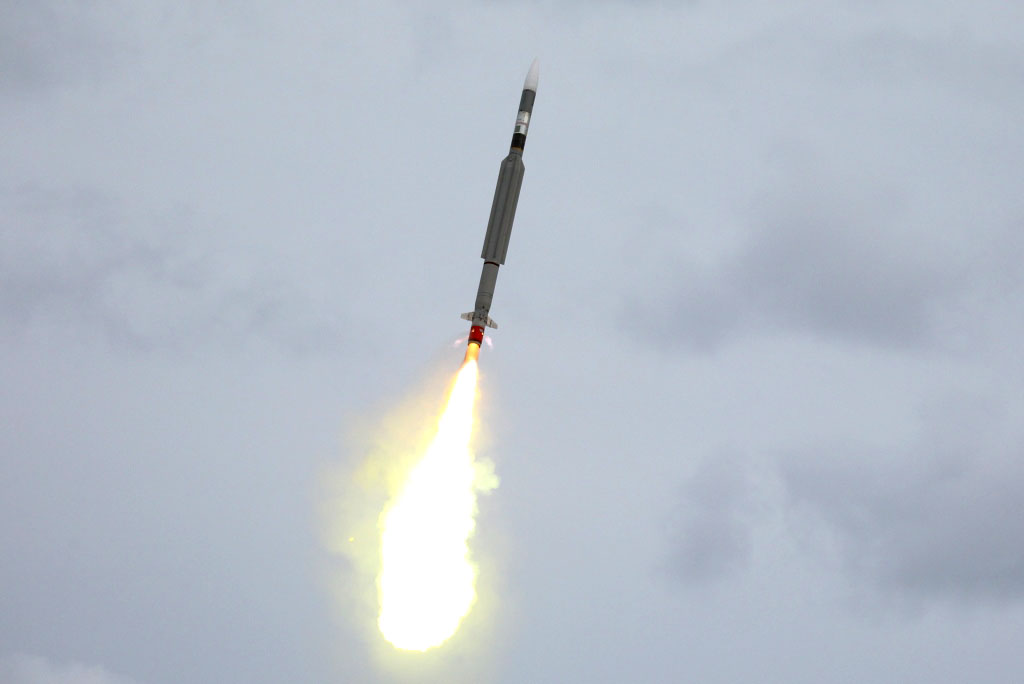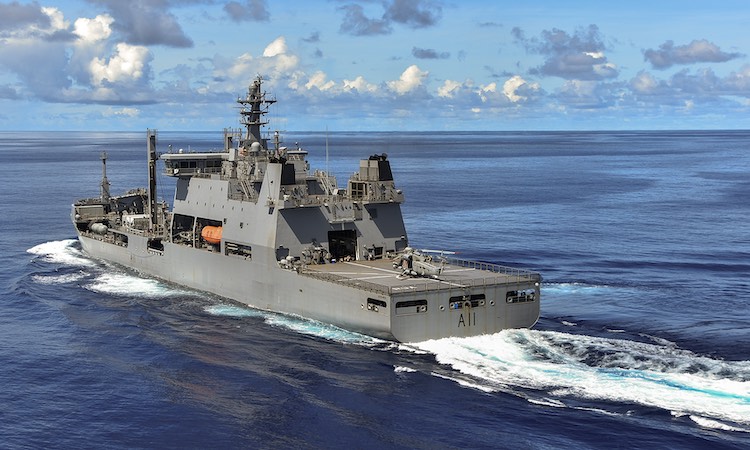Well the PRC are not happy chappies with her speech at the NATO Leaders Meeting in Madrid. Their Embassy in Wellington released this statement yesterday:
Statement by the Spokesperson of the Chinese Embassy in New Zealand on New Zealand's Comments to NATO Session (china-embassy.gov.cn)
We have taken note of the relevant comment made by the New Zealand side at the NATO session, which includes some misguided accusations against China, claiming that "China has in recent times also become more assertive and more willing to challenge international rules and norms". That allegation is wrong and thus regrettable. It is obvious that such comment is not helpful for deepening mutual trust between the two countries, or for the efforts made by the two countries to keep our bilateral relations on the right track.
China is firmly committed to upholding multilateralism, supporting the international system with the United Nations at its core and the international order based on the Charter of the UN, international law and the universally recognized basic norms governing international relations. At the same time, China opposes attempts by a small number of countries to impose their own will and so-called "values" on others under the guise of multilateralism. We also take a firm stand against their attempts to define international rules by their own rules with a view to shoring up their own dominance and even hegemony. It is those attempts that have eroded the foundation of multilateralism, undermined international peace and stability, and disrupted the joint efforts of international community in promoting sustainable development and addressing global challenges. In fact, the overwhelming majority of the international community have come to their own conclusions as to who has been undermining multilateralism and the universally recognized international rules and order.
We have noted that the New Zealand side mentioned that it made this position out of the need to respond to the escalation of tension in the region, claiming that “We see the mounting pressure on the international rules-based order. We see attempts to disrupt and destabilise.” China's position on its relations with the South Pacific is consistent and clear. Our goal is to deepen the long-standing partnership with South Pacific countries to help island countries partners enhance their development capacity, better respond to climate change, the single greatest challenge facing them, and achieve sustainable development. In that process, China is ready to work together with all relevant parties sharing this goal. If there is indeed an escalation of tension in the Pacific, it cannot have been caused by China's cooperation with its island partners to advance sustainable development . Such cooperation has nothing to do with the "militarization" of the region. If militarization does exist in the South Pacific , it is clear to all who and what is fueling such tensions.
We have also noted that the New Zealand side has reiterated that it remains committed to the independent foreign policy, does not seek to expand military alliances or to judge foreign policy interventions based on political ideology, and calls for focusing on de-escalation, peace and stability. China’s position on the military alliances such as NATO is consistent. We strongly oppose all kinds of military alliances, bloc politics, or exclusive small groups that divide the world into opposing camps along ideological faultlines, and lead to geopolitical contentions. We are also against taking sides or forcing others to take sides. We believe in security for all countries and solidarity in response to common challenges.
This year marks the 50th anniversary of diplomatic ties between China and New Zealand. Over the past half a century, through the joint efforts of both sides, our relationship has made tremendous progress and brought tangible benefits to both countries and above all, both peoples. The achievements have not come out of nowhere or as a matter of course, and should be cherished and nurtured carefully by both sides. China is willing to work with New Zealand on the basis of mutual respect, seeking common ground while shelving differences, and win-win cooperation, to implement the consensus between our leaders on promoting the healthy and steady development of the Comprehensive Strategic Partnership between us, and to continuously expand commonalities while constructively managing differences through dialogues and consultations, so as to push our bilateral relations forward in a changing world and better benefit the two countries and two peoples, and at the same time, make more contribution to international and regional peace, stability and prosperity.
On NATO this is their official response to the NATO summit and it's 2022 Strategic Concept:
Foreign Ministry Spokesperson Zhao Lijian’s Regular Press Conference on June 30, 2022 (china-embassy.gov.cn)
CCTV: On June 29, NATO released its 2022 Strategic Concept at the Madrid Summit. The document mentioned China for the first time. It claimed that China challenges NATO’s “interests, security and values” and criticized China’s normal defense building, economic policies, technological progress, among other aspects. It also said that NATO remains “open to constructive engagement” with China. This is the first NATO Summit that invited leaders of Asia-Pacific countries including Japan and the Republic of Korea. What’s China’s comment?
Zhao Lijian: The NATO 2022 Strategic Concept has misrepresented facts and distorted the truth. In this document, NATO once again wrongly defined China as posing "systemic challenges". It smeared China's foreign policy and pointed fingers at China's normal military posture and defense policy. The document seeks to stoke confrontation and antagonism and smacks heavily of Cold War mentality and ideological bias. China is gravely concerned over this and firmly opposes it.
China is known to be a force for world peace, a contributor to global development and a defender of the international order. China has never invaded any country, never launched a proxy war, and never joined or formed any military bloc. We are committed to the path of peaceful development. We aim to build a community with a shared future for mankind. We have advanced high-quality Belt and Road cooperation and put forward the Global Development Initiative and the Global Security Initiative, which are being implemented. All of those are public goods provided by China to help the international community deal with major issues on peace and development. People of the world see clearly that China presents valuable opportunities for world peace and development. It does not pose “systemic challenges”, as wrongly purported by NATO.
In contrast, it is NATO that poses systemic challenges to world security and stability. NATO claims to be a regional defensive alliance, but it has constantly sought to make advances into new areas and domains and waged wars in various countries in the world. NATO has the blood of their people on its hands. The Chinese people will not forget the crimes NATO committed 23 years ago when US-led NATO bombed the Chinese Embassy in the Federal Republic of Yugoslavia. Now NATO has extended its tentacles to the Asia-Pacific and sought to export the Cold War mentality and replicate bloc confrontation. The Asia-Pacific is one of the most peaceful and stable regions in the world and a promising land for cooperation and development. Any attempt to undermine its peace and stability and sabotage regional solidarity and cooperation will be unanimously rejected by the people in China and the rest of the Asia-Pacific. Such attempts are bound to fail.
Here is our message for NATO: hyping up the so-called “China threat” will lead nowhere. NATO must immediately stop its groundless accusations and provocative rhetoric against China, abandon the outdated Cold War mentality and zero-sum game mindset, renounce its blind faith in military might and misguided practice of seeking absolute security, halt the dangerous attempt to destabilize Europe and the Asia-Pacific, and act in the interest of security and stability in Europe and beyond.
As usual it's every one else's fault and never the CCP/PRCs, but it underlines the fact that the CCP will not back down, nor change its ways and it will continue to be a threat to NZ and the South Pacific while it continues to ....

fb.watch









